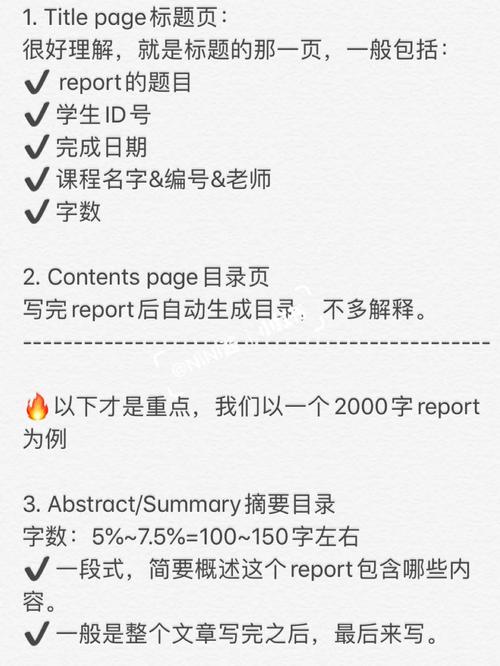Understanding Online Earnings
Reporting online earnings is an essential step for individuals who earn money through various digital platforms. Whether you’re a freelance writer, a YouTuber, or a digital marketer, it’s crucial to understand how to report these earnings accurately. In this article, I’ll guide you through the process of reporting online earnings, covering different aspects and providing you with the necessary information to ensure compliance with tax regulations.
Identifying Your Online Earnings
Before you can report your online earnings, it’s important to identify the different sources of income. Here’s a list of common online earnings that you should consider:
- Freelance work (e.g., writing, graphic design, programming)
- Online courses or webinars
- Affiliate marketing
- YouTube or other video platform earnings
- Stock or cryptocurrency trading
- Online marketplaces (e.g., eBay, Etsy)
Documenting Your Earnings
Accurate documentation is key to reporting your online earnings. Keep track of the following information for each income source:
- Payment date
- Payment amount
- Payment method (e.g., PayPal, bank transfer)
- Description of the service or product provided
Use a spreadsheet or accounting software to organize your earnings. This will make it easier to report your income and keep track of your finances.
Reporting Online Earnings on Your Tax Return
When it comes to reporting online earnings on your tax return, there are a few different scenarios to consider:
- Self-Employment Income: If you’re self-employed, report your online earnings on Schedule C (Form 1040). Include all income received, even if it’s below the threshold for self-employment tax.
- Employment Income: If you’re an employee who earns online income, report it on Form W-2. If you receive a 1099-MISC for online earnings, include that amount on your tax return.
- Barter or Exchange Income: If you’ve received goods or services in exchange for your online earnings, report the fair market value of those goods or services as income.
Understanding Tax Deductions
Just like traditional income, you may be eligible for tax deductions related to your online earnings. Here are some common deductions to consider:

- Home office expenses
- Business travel expenses
- Marketing and advertising costs
- Education and training expenses
- Equipment and software purchases
Keep receipts and documentation for all business-related expenses to support your deductions.
Reporting International Earnings
If you earn income from online sources outside the United States, you may need to report those earnings on your tax return. Here’s what you should know:
- Report all income, regardless of the amount.
- Use Form 8938 if your foreign assets exceed certain thresholds.
- Consider filing Form 114, Report of Foreign Bank and Financial Accounts (FBAR), if required.
Seeking Professional Advice
Reporting online earnings can be complex, especially if you have multiple income sources or if you’re unsure about the tax implications. It’s always a good idea to consult with a tax professional or accountant who has experience with online earnings. They can provide personalized advice and help ensure that you’re in compliance with tax regulations.


